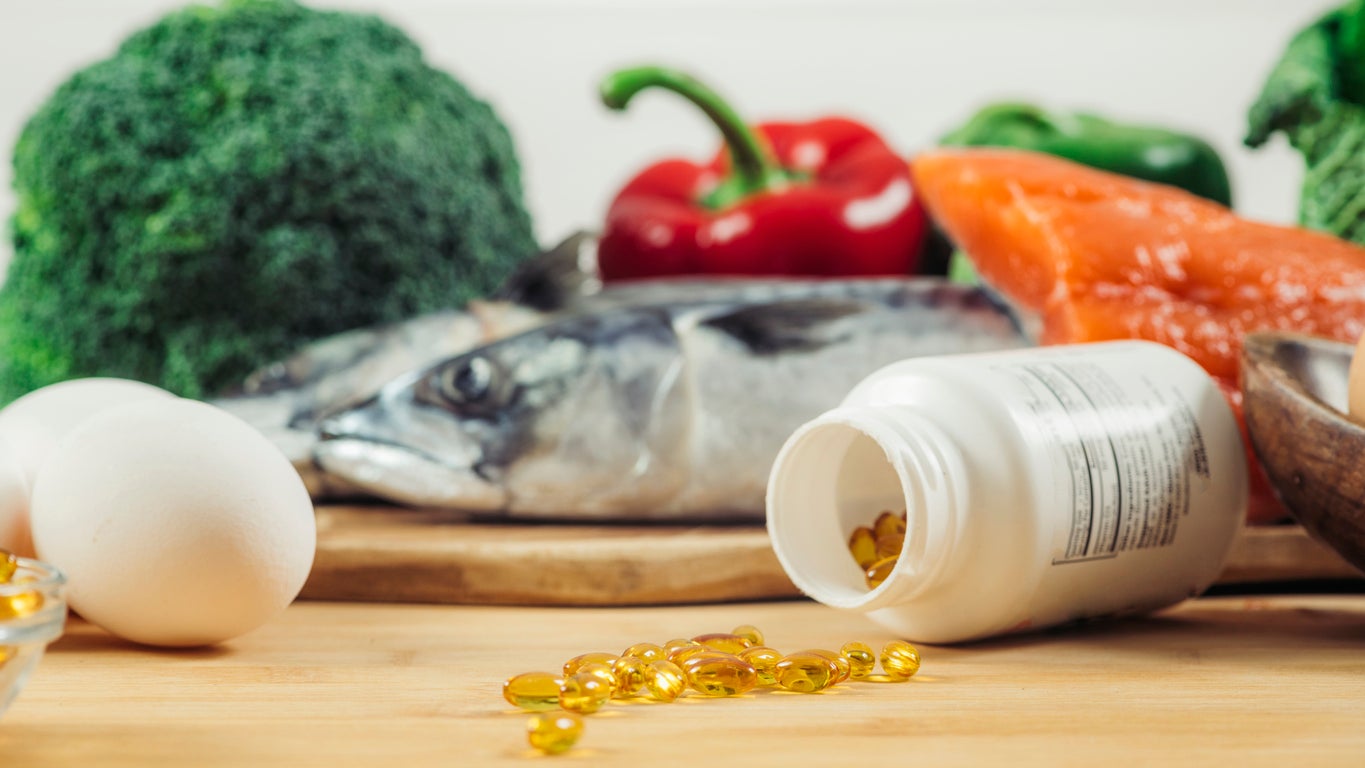Clarity is needed on the use of vitamin D in the fight against coronavirus
Studies show vitamin D could reduce the risks of the virus, but the government’s messaging is confusing and contradictory – we must employ all the tools in our arsenal, writes Ian Hamilton


Known as the sunshine vitamin, vitamin D is important in keeping our bones and muscles healthy. Most of us are able to get sufficient vitamin D from natural sunlight, even in winter, but clearly this has proved to be challenging due to the restrictions applied in attempts to reduce the spread of the virus.
Vitamin D matters as research shows that up to 80 per cent of people admitted to hospital with Covid-19 are deficient in this vitamin, which compares to a rate of 25 per cent in the population as a whole. A new study suggests that migration over the past 500 years has contributed to population-level deficiency at this scale.
There is increasing concern this isn’t been treated seriously or given the priority it should by governments. A recent open letter signed by medics and researchers urged government ministers to increase vitamin D levels in those with deficiencies in the wider population, estimated to be as high as one in four people.
Their concern is based on the current mismatch between evidence and policy, for example the NHS website that has vitamin D information includes a coronavirus update stating there is insufficient evidence to “support taking vitamin D to prevent or treat coronavirus”. This clearly contradicts the emerging evidence and will add to the doubt that some may have about the role of this vitamin in the midst of the coronavirus pandemic and its ability to offer protection against the virus.
NICE goes further and in a recent report suggested that too much vitamin D could prove to be “toxic”, something those researching the role of vitamin D are scathing about in the lack of evidence supporting toxicity.
Adding to these confusing and contradictory messages, the UK government recently announced it would target 2.7 million vulnerable (mainly older) people and offer them a winter supply of vitamin D. Welcome as this is, if one in four people are deficient then the target should be to increase vitamin D levels in more than 15 million people, not just those residents in old people’s homes.
This also misses other groups who are at risk of vitamin D deficiency, such as those with darker skin tones and those who have been shielding and unable to go out even in the summertime. Another group that are particularly vulnerable are those dependent on alcohol – these individuals are commonly found to be deficient in a variety of vitamins including vitamin D. Additionally, alcohol is known to compromise immunity in those without vitamin deficiency.
It’s not just sunshine that provides vitamin D, foods such as fish, red meat and eggs are all good sources and of added importance in the winter months when sunlight is reduced. But many people will be participating in Veganuary, in addition to the increasing popularity of a vegetarian diet, and both reduce dietary sources of the vitamin.
Not only do studies suggest vitamin D appears to protect individuals from Covid-19, but trials have shown it reduces the risk of influenza when given as supplements to those who are deficient. Surely, if individuals can be protected from seasonal flu variants this also provides some protection against the coronavirus as it offers one less threat to optimum health.
Vitamin D plays a part in bolstering the immune system; having a well-functioning immune system is obviously desirable in this pandemic, particularly at this stage when there is a race between infection and injection as the vaccination programme begins to be rolled out.
In this race to reduce coronavirus infections and mortality, it’s critical that we employ all the interventions we can. It’s far from a fair fight between us and a virus that is able to morph and increase its threat to the population by evolving new strains, seen both here in the UK and emerging in South Africa.
Vitamin supplements are not a high tech or flashy initiative – perhaps that’s part of the problem as our policymakers are inherently drawn to new and shiny interventions. But this basic and uncomplicated vitamin could not just reduce infection but save lives, which should be incentive enough, but as we’ve witnessed all too often during this pandemic our government continues to be deficient and in the dark in its understanding of the evidence.
Join our commenting forum
Join thought-provoking conversations, follow other Independent readers and see their replies
Comments

Bookmark popover
Removed from bookmarks